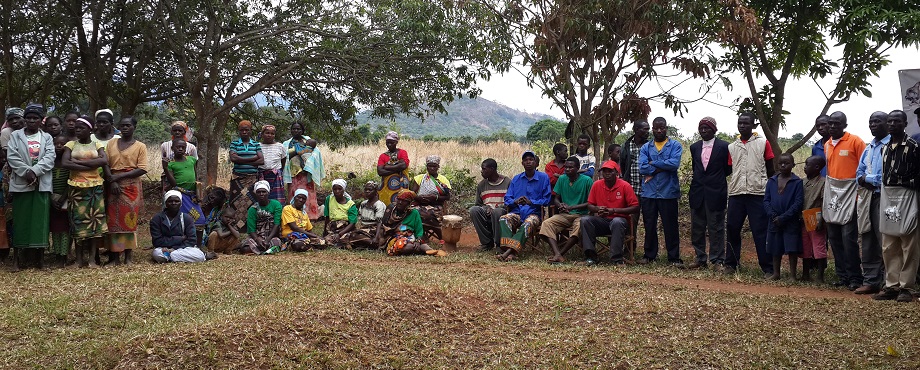Mozambique
- Strengthening capacities of agricultural producers to cope with climate change for increased food security through the Farmers Field School approach (GCP/MOZ/118/LDF)
Mozambique ranked 184th out of 187 countries in 2011 Human Development Index. Despite its impressive economic growth rates and the encouraging progress made in recent years, poverty continues to be severe and widespread. According to a Food Security and Nutritional (SAN) baseline study performed in 2006, 35 percent of family units are still in a condition of food insecurity and 43 percent of rural children under five years suffer from chronic malnutrition (stunting). The majority of the population still lives with less than one dollar per day and do not have access to clean water and sanitation. Rural population was last reported at 61.6% of the total population of the country in 2010. The agricultural sector in Mozambique is largely dominated by smallholder farmers (3.8 million small farm holdings with an average of 1.4 hectares) who contribute to approximately 95 percent of agriculture GDP and cultivate 85 percent of their land with food crops. Agricultural production has been growing fast also due to the availability of land; farmers have been able to expand production in order to satisfy household and community needs, as well as address urban and export requirements.
The aim of this project is to enhance the capacity of Mozambique’s agricultural and pastoral sectors to cope with climate change, by upscaling farmers adoption of CCA technologies and practices through a network of already established Farmers Field Schools, and by mainstreaming Climate Change Adaptation (CCA) concerns and strategies into on-going agricultural development initiatives and mainstreaming CCA issues into agricultural policies and programming.
SHARP is being used as a baseline assessment and integrated into the FFS activities to help better understand resilience and assist in learning. Training for SHARP in Mozambique will commence in late 2016.

